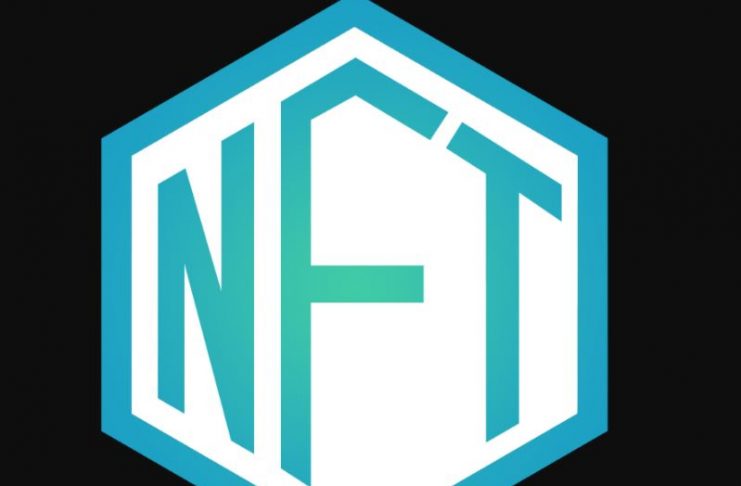Non-fungible tokens (NFTs) are unquestionably a hot topic right now. Tokens such as TEDY provide exclusive authority over valuables like artwork, films, music, and other pictures to their owners. For NFTs, blockchains serve as the working pool.
The past few years have demonstrated how well-known and valuable NFTs have become. The market secured a $40 billion valuation in 2021 and is aiming even higher in 2022. More trading platforms have emerged due to this trend, allowing interested parties to trade these unique digital tokens.
This emerging technology is drastically altering many different sectors, and the economy is no exception. This article will help you understand how NFTs have helped the economy. We’ll also enlighten you on what role they are supposed to play in the future of our economy. So let’s get started on this thrilling voyage!
Economic Possibilities of NFTs
The popularity of the NFT industry has rapidly increased with the growth of blockchain and cryptocurrencies. As a result, numerous luxury companies like Louis Vuitton and D&G have introduced online stores where NFTs are sold. Others, such as Prada and Bulgari, are currently testing the waters and looking at new possibilities in this industry.
NFT holders can use them to create new money and serve as digital keys for online areas. In addition, this makes it possible for token holders and brands to communicate directly.
NFTs, for instance, can serve as tickets or membership cards that give holders direct exposure to certain goods and exceptional discounts. Projectted.com can now show NFT holders how to use these tokens to create loans without the help of dependable intermediaries. This is thanks to the increasing rate of decentralized financial applications built on blockchains.
NFTs can be used to buy non-portable works of art as well. For artists who want to advertise their work, this introduces a different, non-portable market. Several artists are using the blockchain to publish compilations of their creations, allowing them to sell them to more people for more money. NFTs also allows artists to break their crafts into tiny fragments so that each person can possess one unit.
1. Markets
A significant transition is taking place in the NFT market. It is about to stop being another investment vehicle and become a commodity.
NFTs are already being used in marketing initiatives by several well-known companies. For instance, Pringles debuted the CryptoCrisp flavor, while Taco Bell began releasing NFT Taco GIFs. With NFTs, there are an infinite number of marketing opportunities.
Additionally, NFTs are altering how we now own digital content. Now, customers can use NFTs to buy tattoos, digital graphics, and video clips. This technology will transform how we experience entertainment in the coming years and lead to the development of new business models.
2. Investments
Digital assets known as non-fungible tokens (NFTs) are exclusively available for purchase using specific cryptocurrencies, such as Ethereum. Digital works of art are the most prevalent NFTs. Celebrities are getting in on the action as some musicians resell their NFTs for hundreds of thousands of dollars. As an illustration, Snoop Dogg has a collection of NFTs worth more than 17 million dollars.
NFTs are a valuable tool for declaring ownership rights for tangible things in conjunction with being employed in digital business activities. As a result, they will become more tradeable and present new investment prospects. As the digital platform economy develops, NFTs’ economic influence will increase further.
Resultant Effects of NFTs on the Financial System
NFTs may have a significant effect on the world financial system. Moreover, it might contribute to developing a more resilient financial system and expand opportunities for those previously shut out.
They might also hasten the shift to a green economy that is healthy. Future carbon credits and another environmental asset trading might be viable using NFTs.
In recent years, the financial sector has seen a remarkable shift. Neobanks’ ascent, digitization, and the emergence of cryptocurrencies fueled this industry’s expansion.
NFTs have the power to transform trade finance and international trade. Due to their decentralized nature can be used to tokenize many assets, including physical currencies and digital assets. Additionally, using NFTs makes it possible for trade finance instruments to travel safely along a blockchain, promoting easy settlement and enhanced liquidity.
They also have smart contracts, which can handle most financial functions, including caretaker functions. They are made to do away with intermediaries, lessen counterparty risk, and keep the deliverables’ authenticity.
NFTs increase connectivity throughout the system while enhancing financial institutions’ capacity to serve consumers. These developments can simplify users’ ability to conduct transactions and deals by providing APIs that enable them to connect to other platforms. This results in more competition and reduced prices for end consumers.
NFTs have the capacity to affect the economy significantly. We’ll be able to realize the full potential of these ground-breaking technologies as more people use them.
DisClamier: This content is informational and should not be considered financial advice. The views expressed in this article may include the author's personal opinions and do not reflect The Crypto Basic opinion. Readers are encouraged to do thorough research before making any investment decisions. The Crypto Basic is not responsible for any financial losses.


